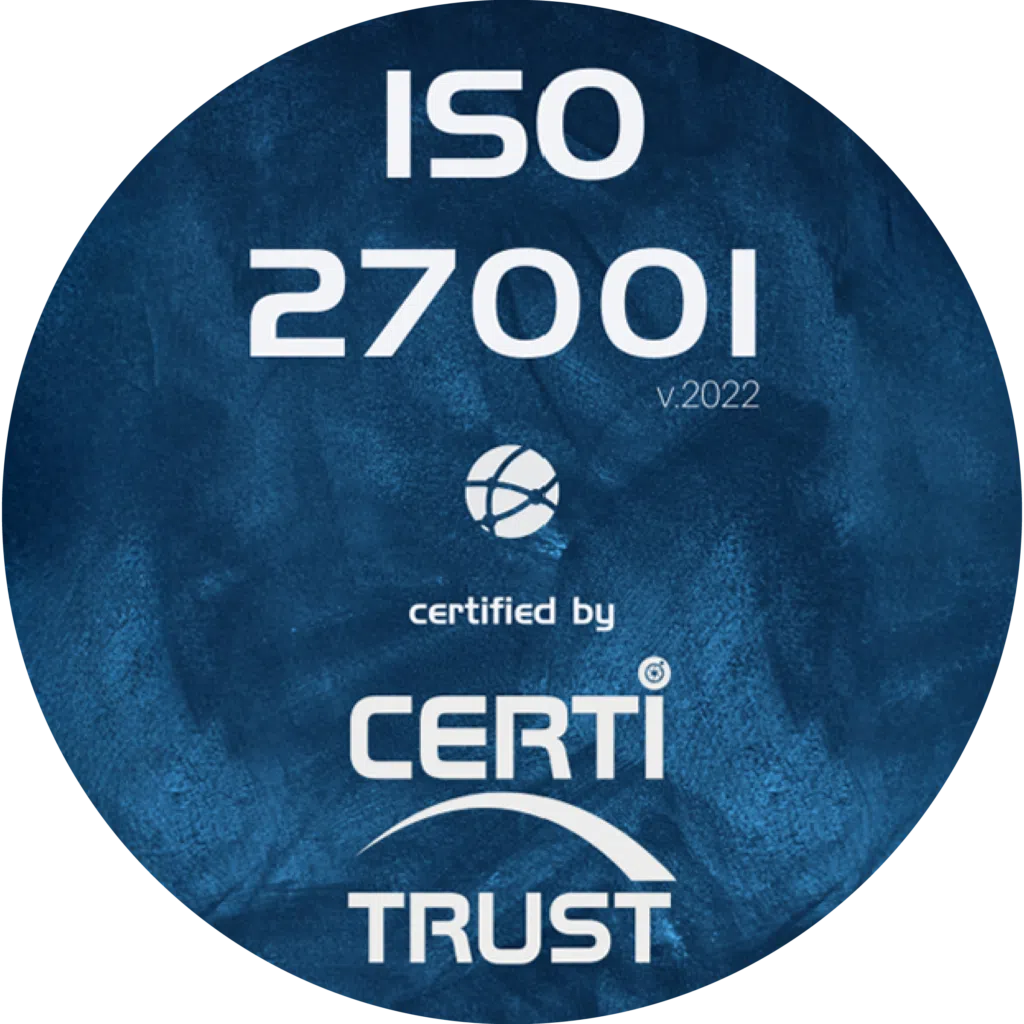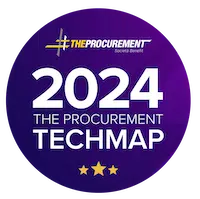With the digitization of companies, many documents have been dematerialized, such as purchase orders and invoices, to name but two. This technological advance facilitates business management, particularly in the purchasing department, by simplifying the organization of the entire purchasing process. This secures the purchase and, above all, improves the productivity of all those involved in the process. But before you can send it out, it’s important to fill it in correctly. Do you really know what makes up a purchase order? Find out in this article what you need to know about a purchase order, and what legal information you should bear in mind when drawing it up.
What is a purchase order?
Before going into detail, it might be useful to review the definition of a purchase order. Defined as a commercial document, a purchase order is established to prove the existence of a transaction between two parties. Once signed or acknowledged, the seller and buyer must honor their commitments. On one hand, the seller undertakes to follow the conditions set out in the document, and to deliver all products, services or raw materials. On the other, the customer promises to accept and pay for the order.
This is known as a synallagmatic promise. Both parties have interests. The signed purchase order provides a legal framework and enables the purchaser to protect himself against non-delivery of product details, thereby legitimizing any subsequent disputes. If the order is based solely on an oral agreement, the buyer can have no guarantee of the content of the delivery from the supplier. General sales conditions always take precedence over a commercial exchange. With a purchase order, therefore, the buyer or company can take action against the supplier if the goods received do not correspond to the order.


What is included in a purchase order?
Drawing up a purchase order means declaring all the necessary information on the seller and the buyer, along with the essential characteristics of the goods and obligatory mentions on a document.
Legal obligations
There are a number of compulsory items of information that must be included on a purchase order, otherwise the document will become null and void. A company is required to stipulate the following on the purchase order:
Buyer identification :
- company name
- registered or billing address
- SIRET + RCS number
- amount of share capital
- legal form
- first name and surname of the person placing the order
Supplier identification :
- company name
- postal address
The buyer must also mention everything concerning the purchase, i.e. product identification with a detailed description. All that remains is to add the delivery date and payment terms. Legal warranties and contract performance terms are stipulated in the supplier’s General Sales Conditions (GSC). General purchasing conditions (GPC) may be attached to the back of the purchase order to specify conditions specific to the purchasing entity. The purchase order is truly a comprehensive document that must not be neglected, or you run the risk of exposing yourself to risks. But it should not be confused with a delivery note.
Providing general terms and conditions of sale
In order to issue a proper purchase order, it is important to be familiar with the general terms and conditions of sale. They represent the basis for commercial negotiation between professionals, and can be adapted to suit the type of buyer. The terms and conditions of sale are defined in article L. 441-1 of the French Commercial Code. They must include terms of payment and price-determining elements, such as unit prices and possible price reductions. The terms of payment must state the conditions of application, the interest rate for late payment penalties and the amount of the fixed indemnity for collection costs (in accordance with II of article L.441.10 of the French Commercial Code).
Does the purchase order have any legal value?
As the purchase order is not a mandatory document for companies, it does not automatically have any legal value. To be valid, the purchase order must be legible and comprehensible to all. If issued by the supplier, the purchase order has contractual value when signed by the customer. On the other hand, if the purchase order is issued by the buyer, the supplier must acknowledge receipt. The right of withdrawal does not apply to commercial relationships between professionals.
In fact, this 14-day withdrawal period (article L.221-18 of the French Consumer Code) applies to individual customers. More recently, it has been extended to companies with fewer than 5 employees, provided certain conditions are met.
Creating a purchase order with purchasing software
Purchasing management software can make the day-to-day running of a company’s purchasing function much easier. Indeed, supplier accounting or a finance department can suffer from disorganization of a company’s purchasing process. Thanks to this software, all the information required to draw up a purchase order is recorded, enabling the organization to carry out effective follow-up. All purchase orders are available on the tool, which avoids wasting considerable time searching for certain orders to be reconciled with supplier invoices. Purchasing software makes it quick and easy to communicate key information about the order.
The user can add useful information such as budget, establishment or case number, for example. The software then generates a purchase order with a precise purpose. From this point on, it is possible to exchange information directly with the supplier, and to monitor the supplier’s progress. Users can either download the purchase order or send it directly by e-mail. With this article, you’ll now know everything there is to know about a purchase order, from identifying the company to drafting the general sales conditions. Using this bilateral contract will help you reduce the risks involved in your business dealings.
Want to learn more about our Weproc procurement management software?
Contact us or request your 15-minute demo below!









